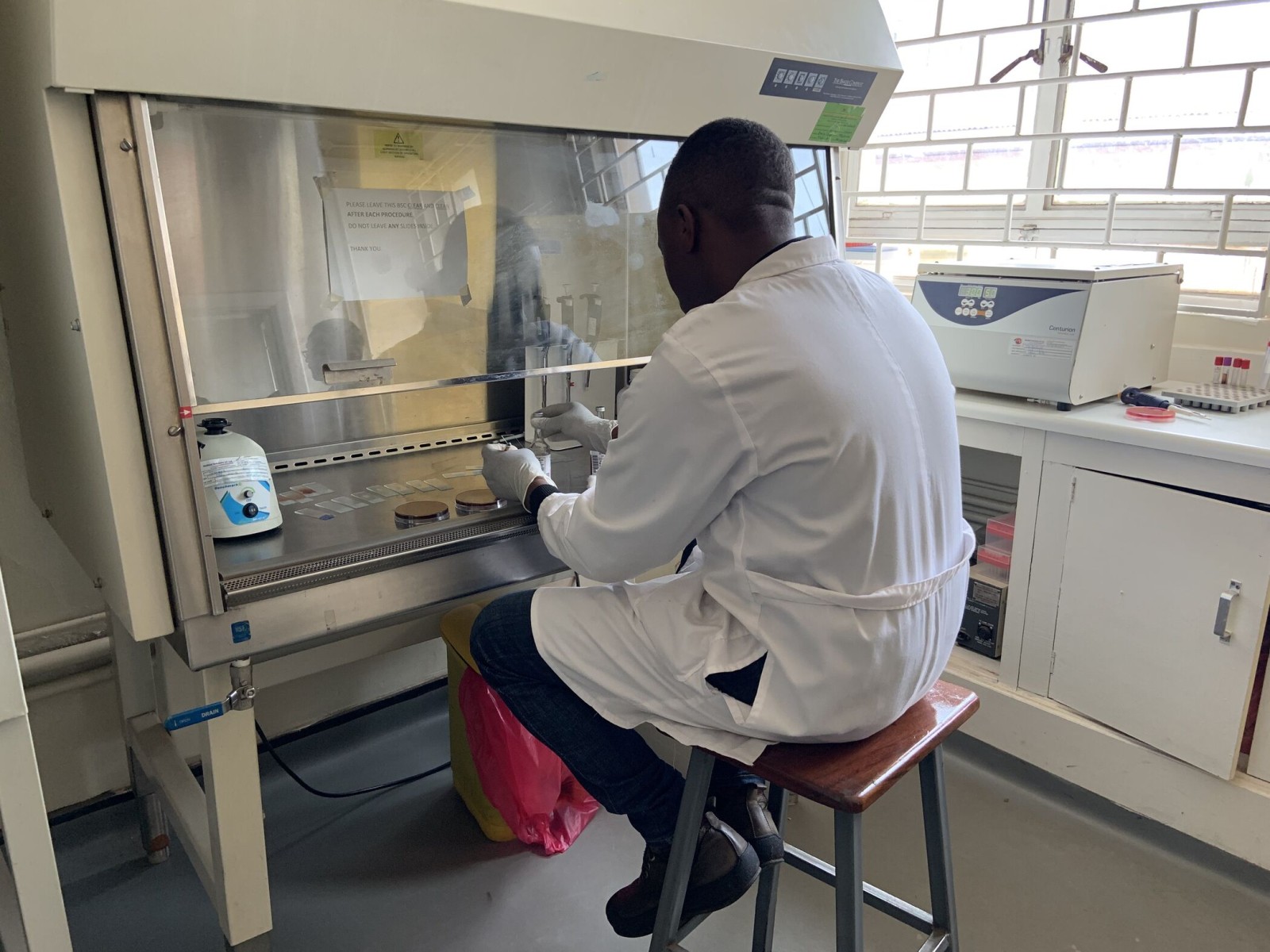Pfizer remains only company to sharing raw data on AMR surveillance, adding countries and pathogens
Date
18 November 2021
Data on AMR surveillance helps governments, public health authorities and healthcare professionals measure and respond to infections, analyse local trends and prioritise objectives in stewardship policies.

Companies involved in surveillance to monitor resistance of pathogens against antibacterial and/or antifungal medicines need to share their raw data publicly, so experts, researchers and healthcare professionals can use it. Access can help stakeholders to forecast disease trends; plan medicine purchases; make better-informed treatment choices; and improve policy directives and investment decisions for laboratory capacity, infection prevention and control response, and identification of newly emerging pathogens.
Through its Antimicrobial Testing Leadership and Surveillance (ATLAS) programme, which began in 2004, Pfizer works with UK-based curator Micron Research to monitor pathogen resistance against the antibacterial products it markets and is developing. ATLAS monitors changes in antibiotic susceptibility, bacterial resistance trends and emergence of new resistance strains. Around 48,000 bacterial isolates are collected each year and Pfizer updates the database every six months.
How does Pfizer lead?
Pfizer was the first company in scope to share raw data from ATLAS (from 2018) on the AMR Register, an open-access data platform set up by Open Data Institute and Wellcome Trust. In 2020, the Benchmark recognised this as best practice. Data can be downloaded from the site, while aggregated data is made available via the ATLAS website to anyone who registers with an email address.
Since 2020, through the ATLAS website, Pfizer has chosen to share new aggregated data on antifungal resistance. It has also expanded its programme to include new priority pathogens and countries, with a focus on Africa. Of all AMR surveillance programmes operated by companies in scope, Pfizer’s covers the most priority pathogens (13), up from nine in 2020. A collaboration with the governments of Ghana, Malawi, Kenya and Uganda (Surveillance Partnership to Improve Data for Action on Antimicrobial Resistance, or SPIDAAR) has seen it expand its programme to 81 countries (from 73 in 2020).
Next Steps
The Benchmark looks for all companies involved in AMR surveillance to make a commitment to share their raw data in an easily accessible way, such as through the AMR Register. Pfizer, which already leads, could continue to expand its programme to cover surveillance of resistance in further countries.
No company except Pfizer yet reaches the gold standard. Other companies share aggregated results through open-access data platforms and/or in open-access journals. Johnson & Johnson shares raw data from clinical trials through a mechanism that involves requesting access, which is more restrictive. GSK and Shionogi both report they intend to publicly share raw data but have not done so yet, while MSD intends to also share data through a mechanism that involves requesting access.
Sharing raw data enables public health bodies and professionals to use it in a range of valuable ways. Raw data can be used for studies on the burden of AMR, including the IHME Global Burden of Disease study on AMR morbidity or mortality (the GRAM project). It can provide valuable insights into where resistance to medicines occurs, and may help predict which medicines will be ineffective because of resistance, facilitating better treatment choices.